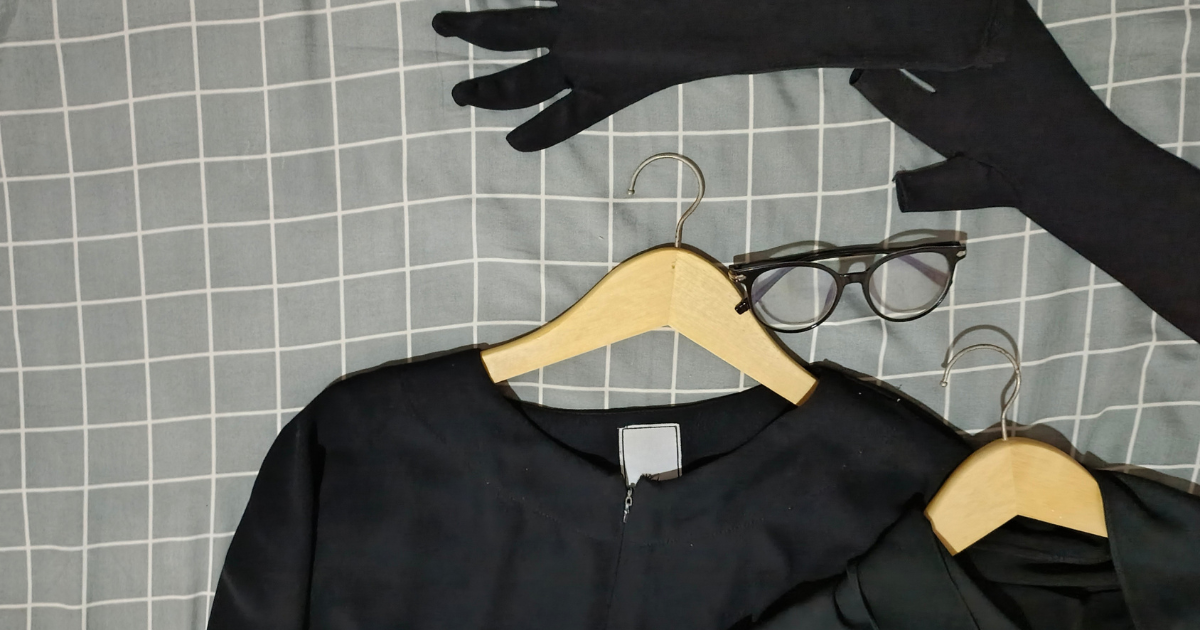More Couples Finding out Funeral Home Facilities Make Great Wedding Chapels
 Paulita and Tony Flores took their vows in an elegant rotunda with marble floors amid glimmering chandeliers and a bubbling fountain.
Paulita and Tony Flores took their vows in an elegant rotunda with marble floors amid glimmering chandeliers and a bubbling fountain.
It didn’t bother them that a room down the hall showcased caskets and urns. Or that the building was surrounded by a cemetery with 100,000 gravestones on 60 acres. Or that on other days, the facility hosts something a lot more somber — funerals.
And they’re not alone. The Floreses’ wedding last month at the Community Life Center at Washington Park East Cemetery on Indianapolis’ Far Eastside illustrates a growing trend.
Across the U.S., more funeral homes are building such centers and marketing them not only as places to mourn the dead, but as sites for events celebrating the living, including birthdays, anniversaries, holiday parties, school proms and, yes, weddings.
The lure? It is often less expensive; there is greater availability; and the settings — inside and outside — can be nothing short of wedding-picture perfect.
Flanner and Buchanan Funeral Centers opened the $10 million Community Life Center in 2001 at 10612 E. Washington St. But it had a slow start — even in 2009, it had only 10 weddings — until Carla Fletcher took over as special-events coordinator in March.
It now holds a dozen events each month and has nearly every Friday, Saturday and Sunday booked this year, including 99 weddings. The bookings stretch into 2012.
“To keep a 125-year-old business going, you have to grow,” said Fletcher, who often plays the part of wedding planner. “The place wasn’t being utilized because people had tunnel vision. They thought since it was a funeral home, they can’t sell it. But I don’t see a funeral home; I see an events center.”
Surprisingly, the idea of getting married in a funeral home wasn’t much of a hurdle to overcome, said 21-year-old Paulita Flores.
Then again, when she first decided to visit the Community Life Center to consider it as a wedding venue, she didn’t realize it was run by a funeral home. And she didn’t know it was in front of a cemetery.
“At first, when I pulled up and saw it was a funeral home, it did concern me,” the Westside resident admitted. “But when we walked in and saw everything, it was overwhelming. I fell in love and thought it was the perfect place. It was breathtaking, so (the funeral home aspect) didn’t cross my mind again.”
That is precisely what funeral homes — searching to expand their business base amid increased competition — are hoping for.
“It seems that over the past five to six years, more and more funeral homes are offering the use of their facilities to the greater community, whether it’s hosting a full-blown wedding reception or offering meeting space to an organized community group,” said Emilee High, communications coordinator for the Wisconsin-based National Funeral Directors Association.
She said funeral homes that are remodeling or expanding are often adding a banquet room or community center to increase their presence in the hospitality business.
In a survey by the association, almost 10 percent of 627 funeral home owners said they owned or offered a community or family center.
Six of Flanner and Buchanan’s funeral homes and cemeteries in metro Indianapolis have community centers, such as Washington Park North on the Northwestside, which also hosts weddings and other celebratory events in indoor facilities, as well as outdoor music festivals and other events in the summer and fall.
Elsewhere, funeral homes and even wedding planners are beginning to tap into this new market.
A decade ago, when James Olson bought a funeral home in Sheboygan, Wis., he wanted to make it more available to the community. This year, he said, he plans to host his first wedding reception.
Olson, who is also a spokesman for the National Funeral Directors Association, said he has noticed more couples tying the knot in funeral homes, but not only because of changes in his industry.
“A lot of (traditional wedding facilities) are shutting down because of the economy, while we (funeral homes) aren’t going anywhere,” he said. “In our community, two banquet halls closed because of the economy.”
Olson also said funeral homes could be handy for couples who want to marry in a hurry.
“They always say, if you want to plan a wedding, you should talk to a funeral director first,” he said. “We take three days to plan what it takes (a wedding planner) to do in a year. We get the dress, flowers, invitations, food and work it all out.”
Sue Totterdale, national chairwoman of the National Association of Wedding Professionals, was surprised when she heard about marriages in funeral homes and cemeteries.
She hadn’t heard of it happening in Fort Myers, Fla., where she runs a destination wedding and consulting company, but she did say it could expand her venue options and potentially be more affordable to clients.
“It’s just surprising, but I can picture it working,” she said. “Funeral homes and their chapels are very nice and elegant. Couples won’t have to put out $10,000 to decorate them.”
Funeral homes also would have more available dates than many trendy wedding venues, which can be booked solid a year in advance.
“It’s a part of the market that hasn’t been tapped,” Totterdale said. “Couples call all the popular spots first, and those might be full. There might be a spot out there that is perfect for them but may not be as popular, like a funeral home.”
Crown Hill Funeral Home and Cemetery on Indianapolis’ Northside — the third-largest cemetery in the country — stays busy with funerals. But it, too, is branching out.
The cemetery hosts about a dozen weddings a year — usually in its scenic 1875 Gothic Chapel, said Keith Norwalk, cemetery president. But the funeral home will soon open a new reception hall, patio and private garden area that he said will be great for community events such as weddings.
And Norwalk agrees with others that funeral-home weddings will only increase as more couples see the benefits of nontraditional settings.
“Within the last decade, the recognition has come that many funeral homes and cemeteries are beautiful facilities and can be used differently,” he said.
Still, the idea of exchanging vows at a funeral home or cemetery isn’t for everyone.
Paulita Flores originally planned to get married in September in the Community Life Center’s outdoor courtyard, which has a clear view of the cemetery, but was glad she moved the event indoors.
“I was worried that people who would come would be creeped out,” she said. “I was worried that when taking pictures, (the cemetery) would be in the background.”
But if the proximity to gravestones is a drawback for some, Norwalk said it can be a selling point for others.
“We had one situation where a young woman wanted to be married near her grandmother’s grave,” he said. “It was meaningful to the family.”



